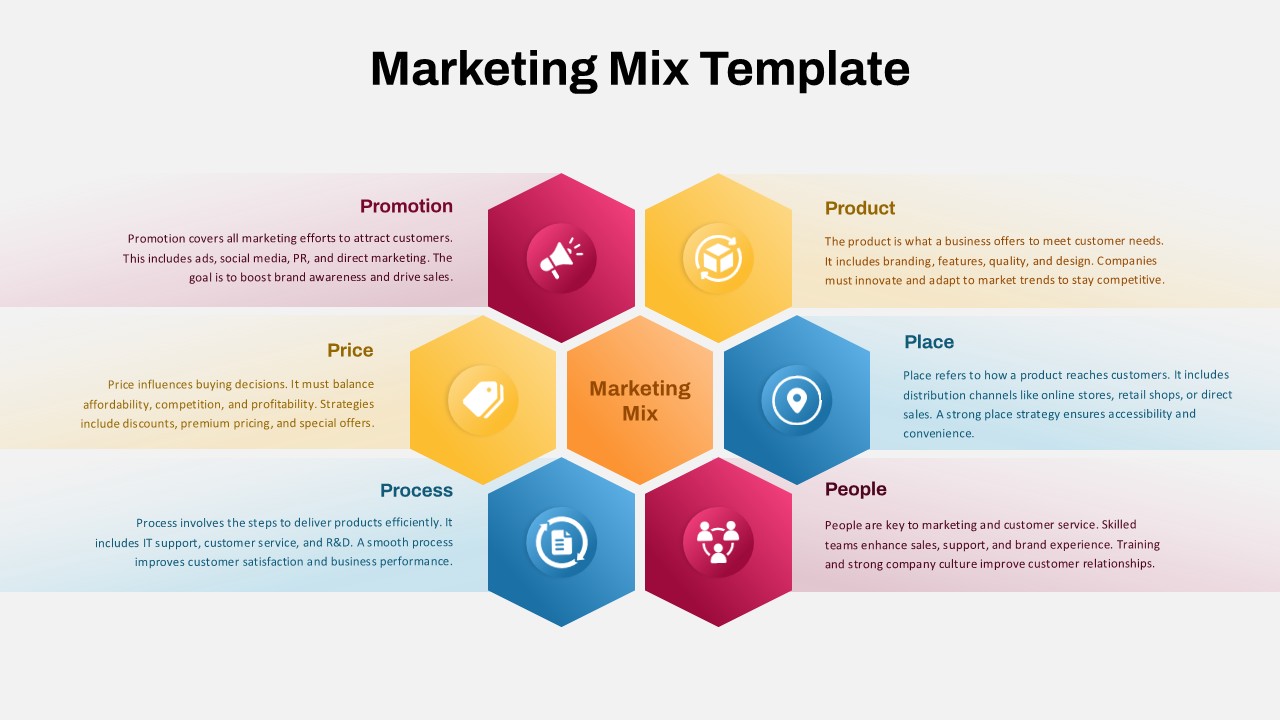Points-Based and Mixed Rate Pricing Models for Content Marketing Agencies are flexible strategies designed to align agency services with client needs while providing transparency and adaptability.
Points-Based Pricing Model
- Definition: Services are assigned specific point values, and clients purchase a bundle of points each month. Clients then allocate these points to different services as needed, creating a customizable package.
- Advantages:
- Flexibility: Clients can adjust their service mix monthly based on priorities.
- Transparency: Clear understanding of costs tied to points simplifies budgeting.
- Outcome-oriented: Focuses on deliverables rather than hours worked, encouraging value over time spent.
- Disadvantages:
- Complexity: Clients must understand how to allocate points effectively.
- Subjectivity: Assigning point values to services can be somewhat arbitrary.
- Potential misalignment: Incorrect point allocation by the agency can cause dissatisfaction.
- Use Case: Ideal for ongoing retainer relationships where clients want control over service allocation, such as content creation, lead generation, or SEO tasks.
Mixed Rate Pricing Model
- Definition: Combines fixed pricing for certain deliverables or projects with hourly rates for additional or variable work.
- Advantages:
- Adaptability: Can be tailored to client needs and project scope changes.
- Balance: Fixed fees provide predictability, while hourly rates allow flexibility for extra work.
- Customization: Agencies can reflect unique service offerings in pricing.
- Disadvantages:
- Complexity: Clients may find billing harder to understand due to mixed components.
- Administrative burden: Agencies must carefully track hours and project progress.
- Potential confusion: Clients might be unclear when fixed vs. hourly rates apply.
- Use Case: Common in SEO services where an initial audit might have a fixed fee, followed by hourly charges for ongoing implementation or consulting.
Contextual Comparison with Other Models
- Unlike hourly pricing, which bills strictly by time and can limit ROI focus, points-based and mixed models emphasize flexibility and value delivery.
- Compared to project-based pricing, which charges per completed project, points-based pricing allows ongoing service customization, and mixed rates provide a hybrid approach for projects plus variable work.
- Retainer models often overlap with points-based pricing by offering predictable monthly fees but points add a layer of client control over service allocation.
These models are increasingly favored in 2025 for their ability to provide transparency, flexibility, and alignment of agency incentives with client goals in content marketing and broader digital marketing services.





